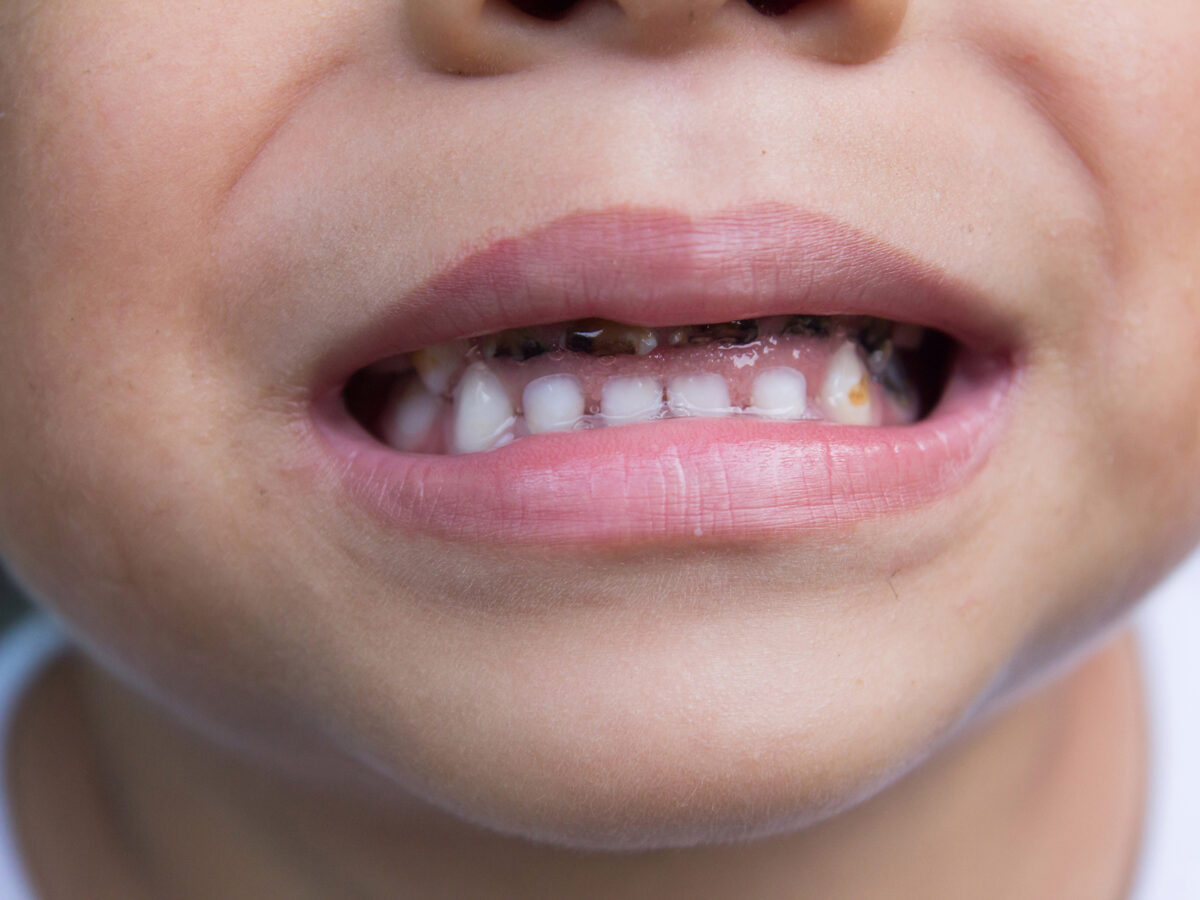Blog
Dental hygiene tips for healthy teeth & gums

Do genetics play a role in tooth decay?
Guess which is the most chronic disease in the world? It is tooth decay. Studies show that some of us may be more susceptible to developing cavities than others. Almost every single aspect of your oral health is indeed governed to a degree by your genes. As per some research, around 60% of tooth decay risk can be attributed to genetic factors.
If the dental health of your parents is poor, there is a high chance you will have dental issues too. Our genes control how our teeth develop, and if teeth formation is improper, it lends the enamel less resistance to bacteria.
Things such as your teeth size, the shape of your mouth, and bone structure are all inherited. Crooked teeth formation passes down from generation to generation. But the good news is that good oral care will help you keep your teeth in their best possible condition, irrespective of the kind of teeth you inherit.
Tooth Decay Risk Factors that Have Genetic Links
Certain genetic diseases that can predispose people to develop cavities and other periodontal diseases are outlined below:
- Enamel defects – Enamel is the surface layer of your teeth, and it is considered the hardest mineral substance in our bodies (even stronger than bones). Enamels shield our teeth against tooth decay. Your genes have a critical role to play in the composition of your teeth’s enamel. If you inherit soft enamels, you are more prone to cavities.
- Saliva’s chemical composition – Your saliva keeps your mouth moist and also protects against cavities by properly metabolizing vitamins like iron, calcium, potassium, vitamin c, and other vital minerals. Your saliva’s chemical composition depends on your genes which in turn affects the saliva’s capacity to protect against decay.
- Sugar cravings – Your love for sugar has a genetic basis, so you can blame your parents if you have major sugar cravings. Sugar is not good for our teeth; if you inherit sugar cravings, you are prone to many oral issues.
- Immune response to bacteria – Our immune system is constantly fighting against harmful bacteria in our bodies, including our mouths. These bacteria can cause tooth decay and gum diseases. Your genes determine how stable your immune system is.
Genetic Conditions that Affect Teeth
Listed below are some of the genetic disorders that adversely affect our oral health:
- Amelogenesis Imperfecta – This genetic disorder causes enamel defects and affects the appearance of teeth. People with this disorder might have smaller and discolored teeth, chalky color changes, or grooved or pitted enamel surfaces.
- Dentinogenesis Imperfecta – If anyone has this genetic disorder, they might develop enamel that appears translucent with a yellow-brown or blue-gray tinge. Teeth are also prone to rapid wear and tear for people with this disorder as the dentin(inner layer of teeth) becomes soft and weak due to this disease.
Disorder in the Development of Teeth
- Ectodermal dysplasia – A human embryo undergoes many changes during its development. Ectoderm (the outermost layer of cells in embryos) forms our teeth, and ectodermal dysplasia affects every structure derived from the ectoderm in our bodies (such as nails, hair, and teeth.) Patients with this disease will suffer from several missing teeth and might have cone-shaped or malformed teeth. This disorder can be diagnosed at very early stages, and children with this problem might need special dentures to replace the many missing teeth.
- Dentinal dysplasia – For our teeth to be fixed strongly in our mouth, we need strong roots. But if you’re losing teeth constantly, even at a young age, you might be suffering from dentinal dysplasia. This disorder hampers the ability of teeth to form roots.
- Hypophosphatasia – This inherited disorder affects the development of teeth as well as bones. By disrupting mineralization (a process that allows minerals like phosphorus and calcium to deposit on our teeth), this disorder weakens our teeth. Cementum is the outer covering of our teeth’s roots, and Hypophosphatasia does not allow cementum formation.
- Vit D-resistant rickets – Vitamin D has a crucial role in teeth development, and you could have oral health problems if you are vitamin D deficient. Vit D-resistant rickets is a genetic condition where infections occur at the root end of teeth without any reason. Due to this, the enamel surface of teeth can develop openings that extend to the dental pulp, where we have blood vessels and nerves. Germs can walk right through the openings and cause rampant decay.
Genetic oral diseases are not so common, and you must talk to your dentist for suitable solutions if you have an abnormal oral condition. Despite genetic disorders that can cause bad teeth, maintaining excellent oral hygiene has a significant role in your oral health.


